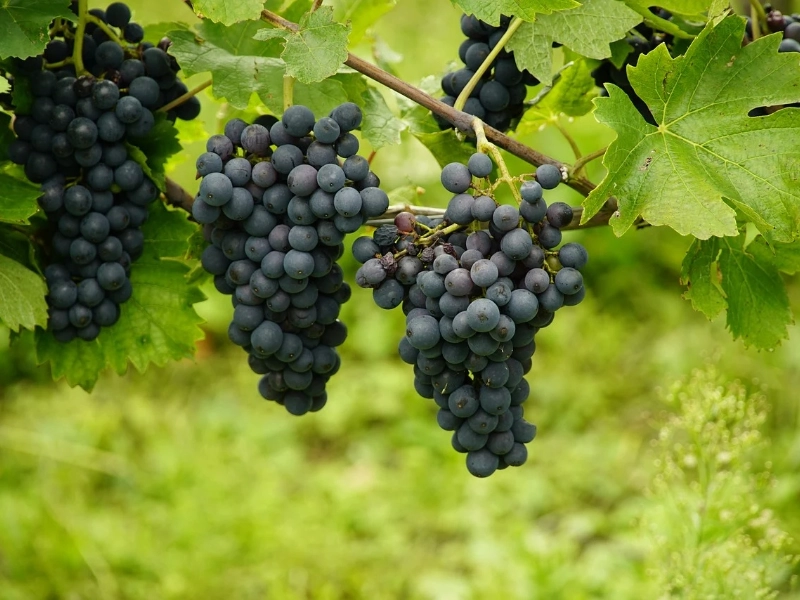Wine Enthusiast's Guide: How to Choose the Perfect Table Grap
Advertisement
5. Aroma: The Overlooked Indicator of Grape Quality

Advertisement
Although choosing the ideal table grape mostly depends on visual and tactile assessments, the value of aroma is sometimes disregarded. Grape smells can reveal important information about their freshness, maturity, and flavour character. When assessing grapes based on scent, first softly cupped a bunch in your hands and brought it near your nose. Breathe deeply, then focus on the smells you find. Fresh, premium grapes should smell sweet and fragrant, reflecting their variety. For example, Concord grapes have a rich, grape-juice-like perfume; Muscat grapes are noted for their unique flowery scent. The strength of the aroma can also provide hints about the ripeness of the grape; riper grapes typically have a more noticeable scent. Be wary of strong or fermenting scents, though, which would point to overripe or starting to deteriorate grapes. A little mustiness or lack of aroma could indicate faulty storage or underripe grapes. Although some grape varieties inherently smell more strongly than others, familiarise yourself with the usual scent profiles of many kinds. Furthermore providing a taste preview are the scent of grapes. A grape with a strong, sweet scent is probably going to taste similarly; a more subdued perfume might point to a milder flavour. This olfactory evaluation of table grapes can be very fascinating for wine aficionados since it lets you make connections between the smells of fresh grapes and the bouquet of wines produced from like kinds. The scent can also occasionally provide indicators of the grape's growth circumstances. Grapes produced in particular terroirs may have faint earthy or mineral overtones in their smell, which would offer still another level of depth to your choices. Recall that storage circumstances affect the perfume of grapes; so, grapes kept at the right temperature and humidity are more likely to keep their unique scents. Examining the intended purpose of the grape helps one evaluate scent as well. For a cheese dish, for instance, you might want grapes with a more noticeable scent that can offset robust cheese tastes. Conversely, if you are selecting grapes for a light fruit salad, you can go for varietals with a more subdued aroma that won't overwhelm other fruits. If you intend to eat the grapes over many days, you could choose a bunch with a combination of somewhat less ripe and completely ripe grapes to experience a range of fragrances and flavours as the scent of grapes can also vary somewhat as they ripen.
You May Like
Advertisement

